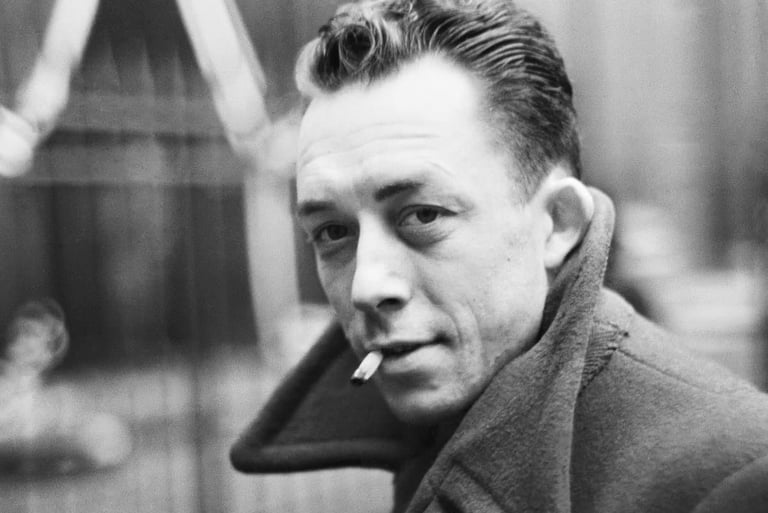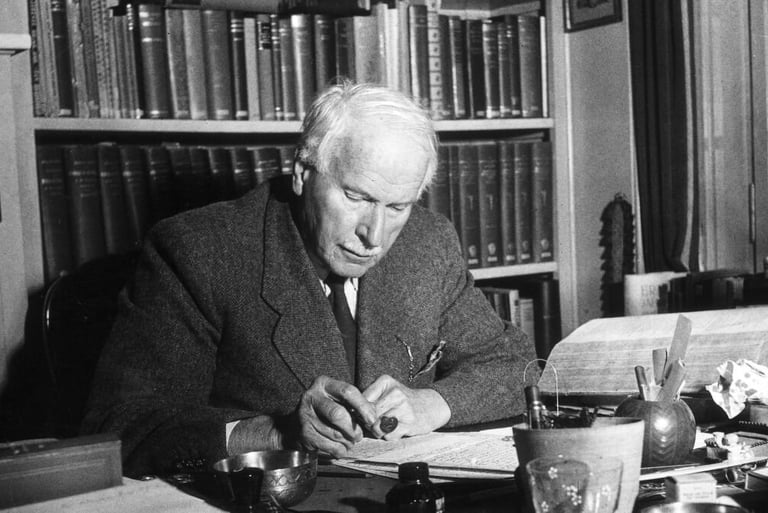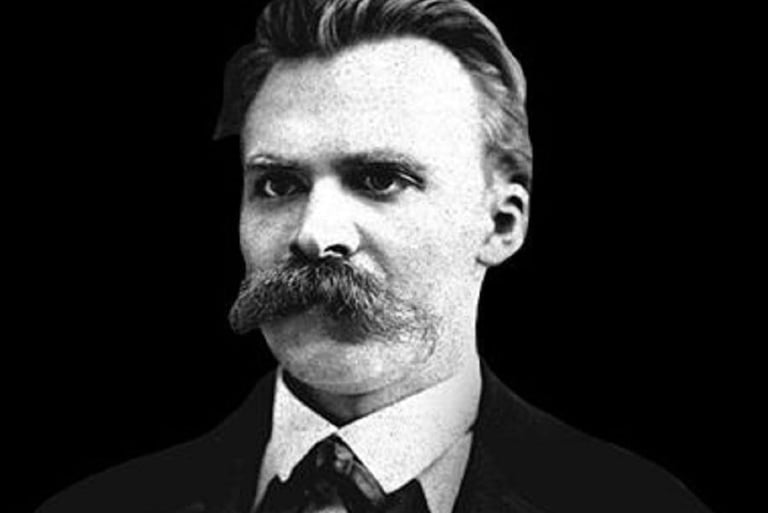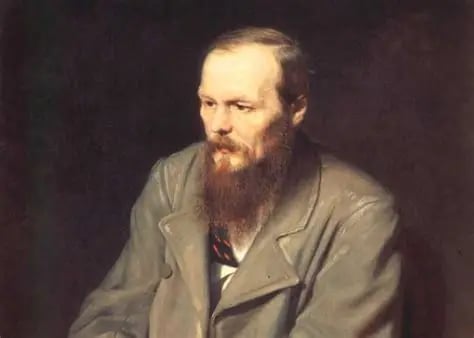

Albert Camus
Albert Camus (1913–1960) was a French-Algerian philosopher, novelist, essayist, and playwright. Born in Mondovi, Algeria, to a working-class family, Camus grew up in poverty and was deeply shaped by his early experiences in colonial Algeria. He studied philosophy at the University of Algiers and later became involved in journalism and political activism.
During World War II, Camus joined the French Resistance and served as editor-in-chief of the underground newspaper Combat. His wartime experiences and philosophical reflections led him to develop the concept of absurdism, which explores the conflict between human beings’ search for meaning and the silent, indifferent universe.
In 1957, Camus was awarded the Nobel Prize in Literature at the age of 44, making him one of the youngest recipients ever. He died tragically in a car accident in 1960.


Carl Jung
Carl Gustav Jung (1875–1961) was a Swiss psychiatrist and psychoanalyst who founded analytical psychology, a school of thought that diverged from Sigmund Freud’s psychoanalysis. Born in Kesswil, Switzerland, Jung was the son of a pastor and grew up in a deeply religious household, which later influenced his interest in spirituality and symbolism.
Jung studied medicine at the University of Basel and earned his M.D. from the University of Zürich in 1902. He began his career at the Burghölzli psychiatric hospital under Eugen Bleuler, where he conducted pioneering research on word association and the unconscious.
Initially a close collaborator of Freud, Jung eventually broke away due to differing views—particularly Jung’s rejection of Freud’s emphasis on sexuality as the primary driver of human behavior. Jung introduced concepts such as the collective unconscious, archetypes, and individuation, which became central to his theory of personality and psychological development.
He remained a prolific writer and thinker until his death in 1961 in Küsnacht, Switzerland. His ideas continue to influence psychology, literature, art, religion, and even pop culture.


Fredrick Neitchtze
Friedrich Wilhelm Nietzsche (1844–1900) was a German philosopher, cultural critic, and classical philologist whose radical ideas reshaped modern thought. Born in Röcken, Prussia, Nietzsche was raised in a devout Lutheran household. His father, a pastor, died when Nietzsche was just five, leaving him to grow up in a household of women—his mother, sister, grandmother, and aunts.
Nietzsche studied theology and philology at the University of Bonn and later at Leipzig, where he discovered the philosophy of Arthur Schopenhauer and befriended composer Richard Wagner. At just 24, he became the youngest professor ever appointed to the University of Basel. However, chronic illness forced him to resign in 1879, after which he devoted himself entirely to writing
His philosophy challenged conventional morality, religion, and truth itself. He famously declared “God is dead,” critiqued Christian values, and proposed a new vision of human potential through concepts like the Übermensch and will to power. Nietzsche’s later years were marked by mental collapse, and he spent the final decade of his life incapacitated, cared for by his family


Fyodor Dostoevsky
Fyodor Mikhailovich Dostoevsky (1821–1881) was a Russian novelist, essayist, and philosopher whose works delve deeply into psychology, morality, and existential themes. Born in Moscow, he was the son of a stern military doctor and a gentle mother from a merchant family. His early life was marked by hardship, including the death of his mother and a strained relationship with his father.
Dostoevsky studied at the Nikolayev Military Engineering Institute but soon abandoned engineering for literature. His debut novel, Poor Folk (1846), earned him immediate acclaim. However, his involvement with a radical intellectual group led to his arrest in 1849. He was sentenced to death, but the punishment was commuted at the last moment. He spent four years in a Siberian prison camp followed by six years of military service in exile.
These experiences profoundly shaped his worldview and writing. Dostoevsky struggled with epilepsy, poverty, and a gambling addiction, yet he produced some of the most psychologically rich and philosophically complex novels in history. His works explore themes of free will, suffering, redemption, and the human soul’s darkest recesses.
He died in St. Petersburg in 1881, leaving behind a legacy that influenced thinkers like Nietzsche, Freud, Sartre, and Camus.
